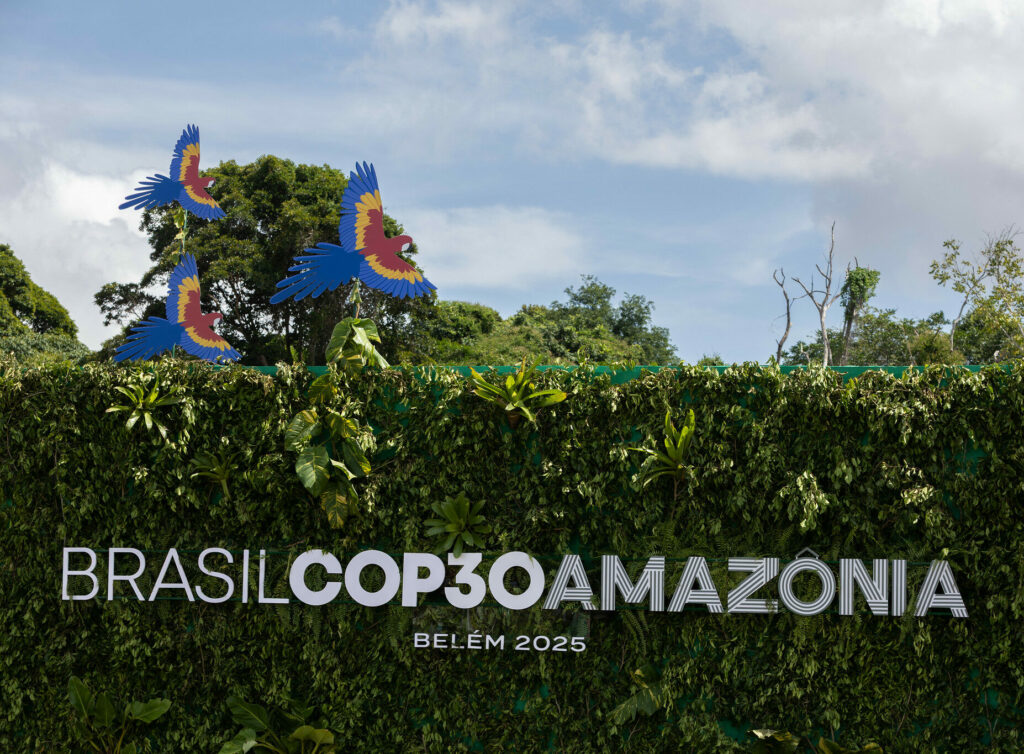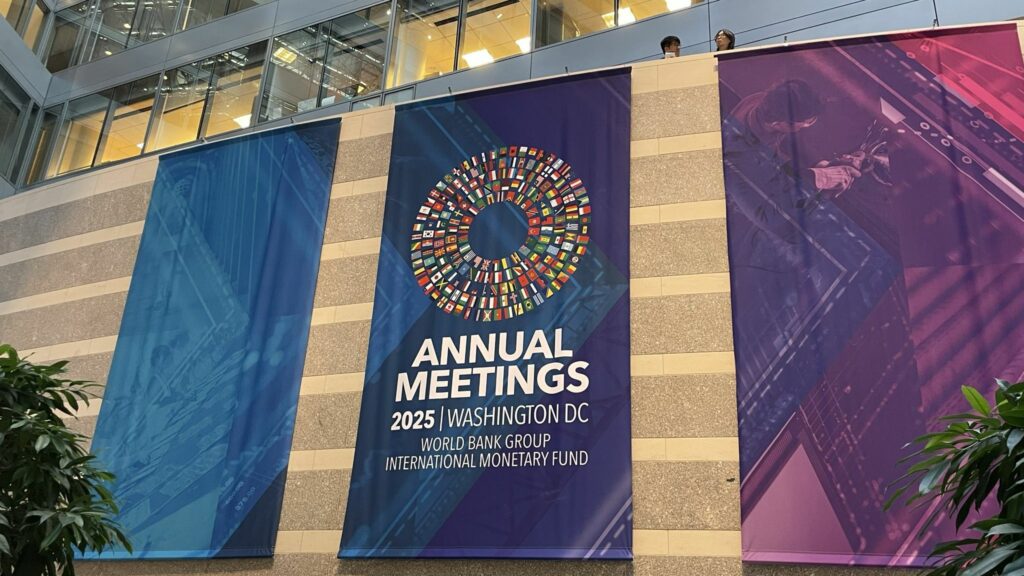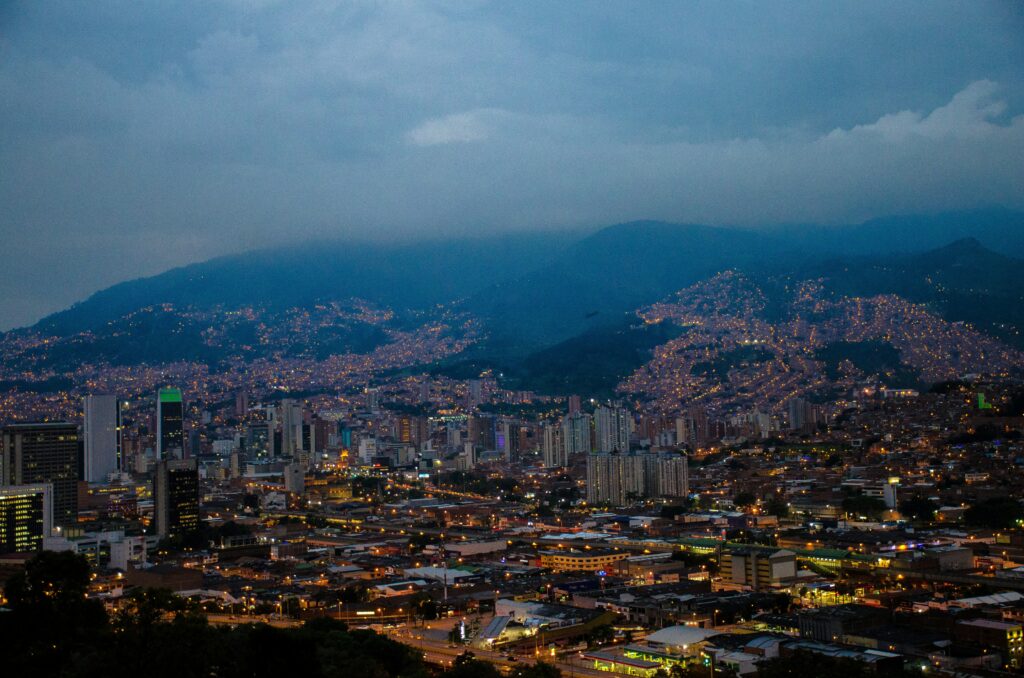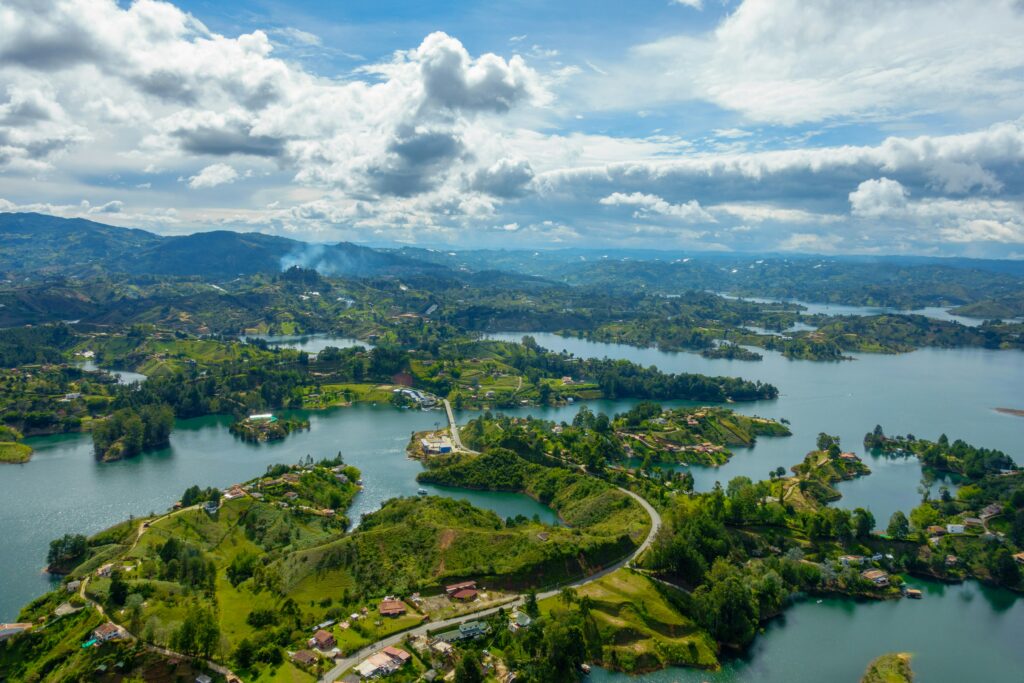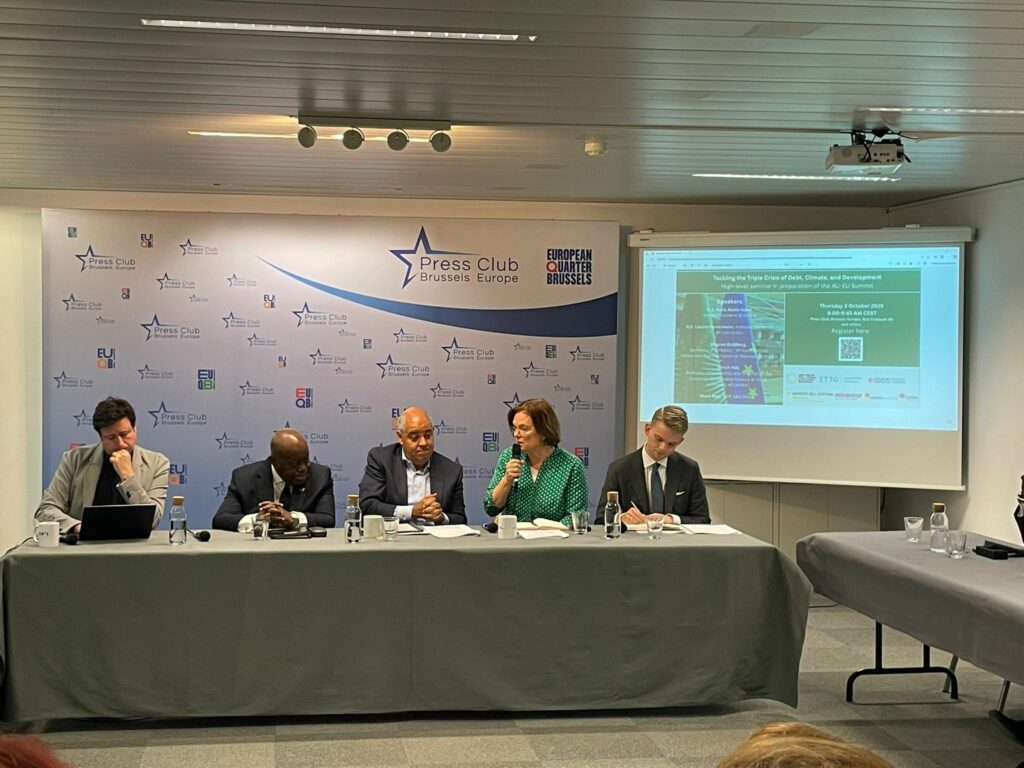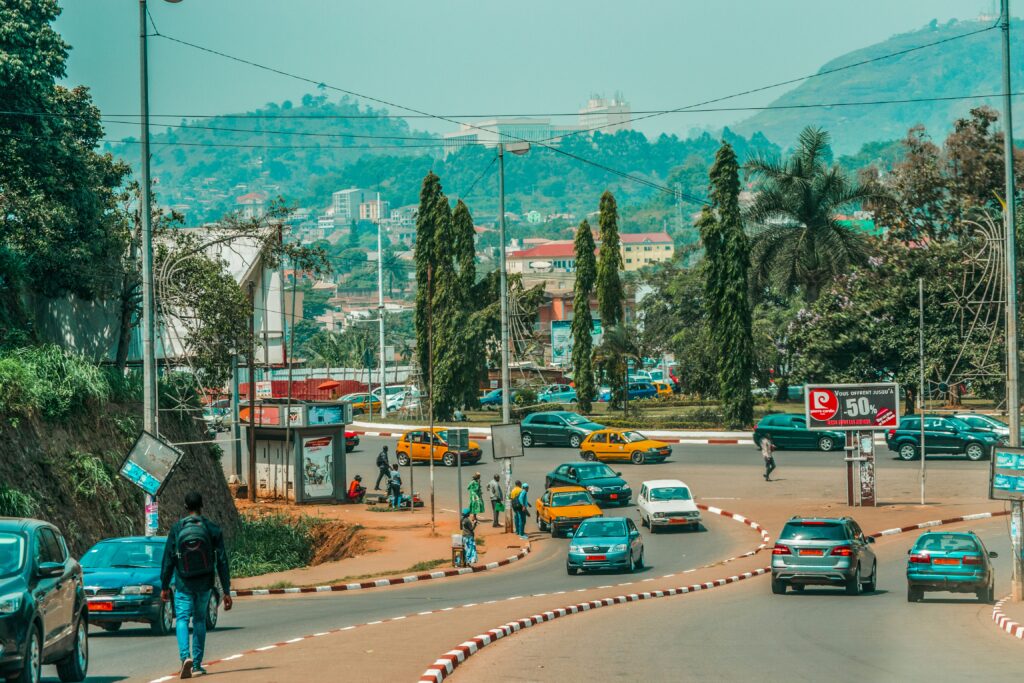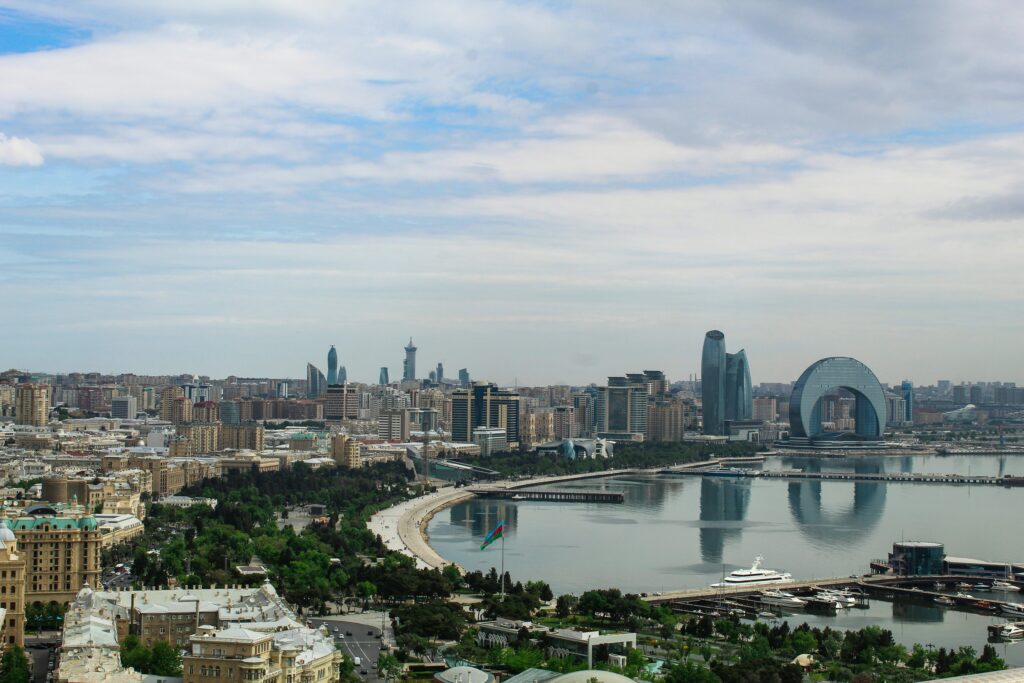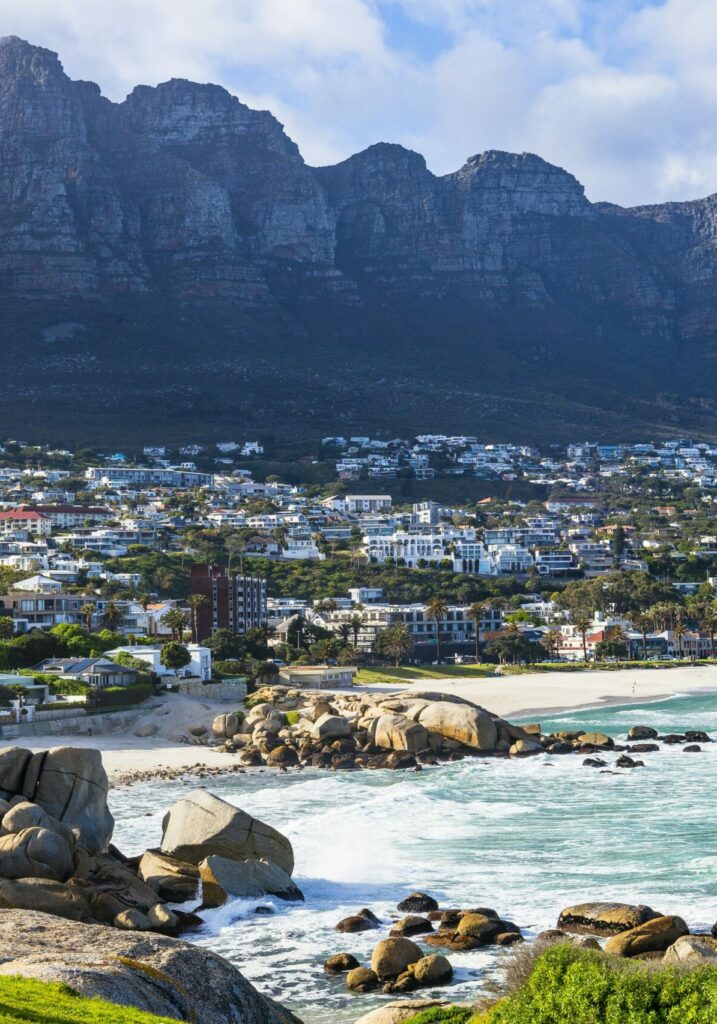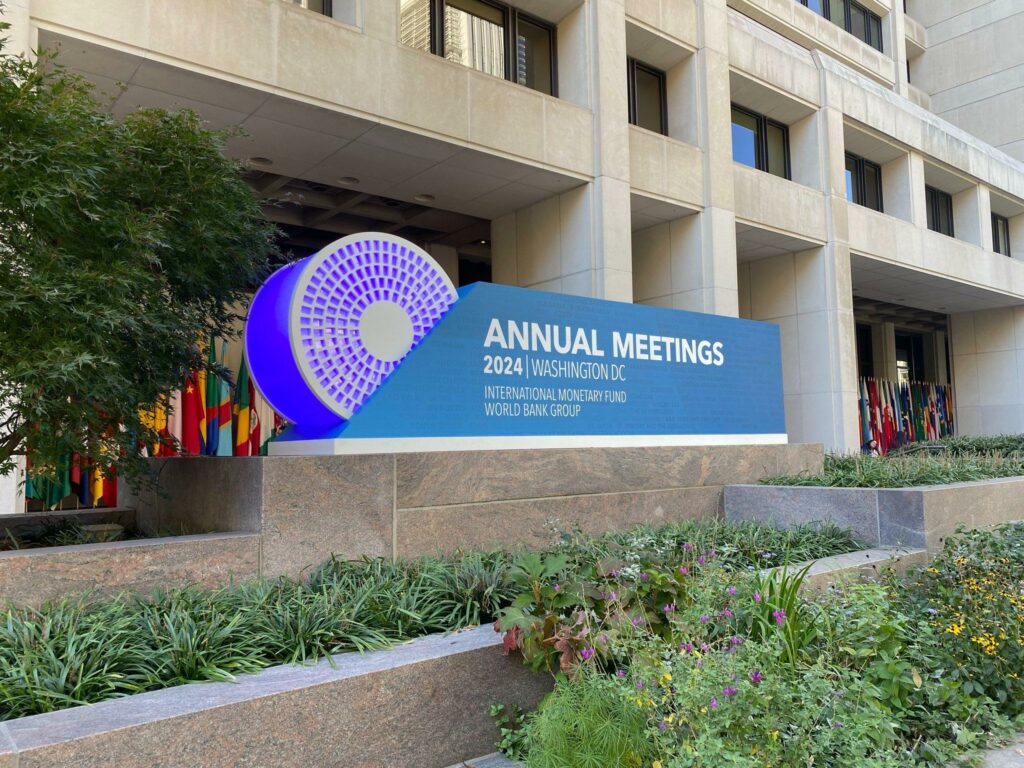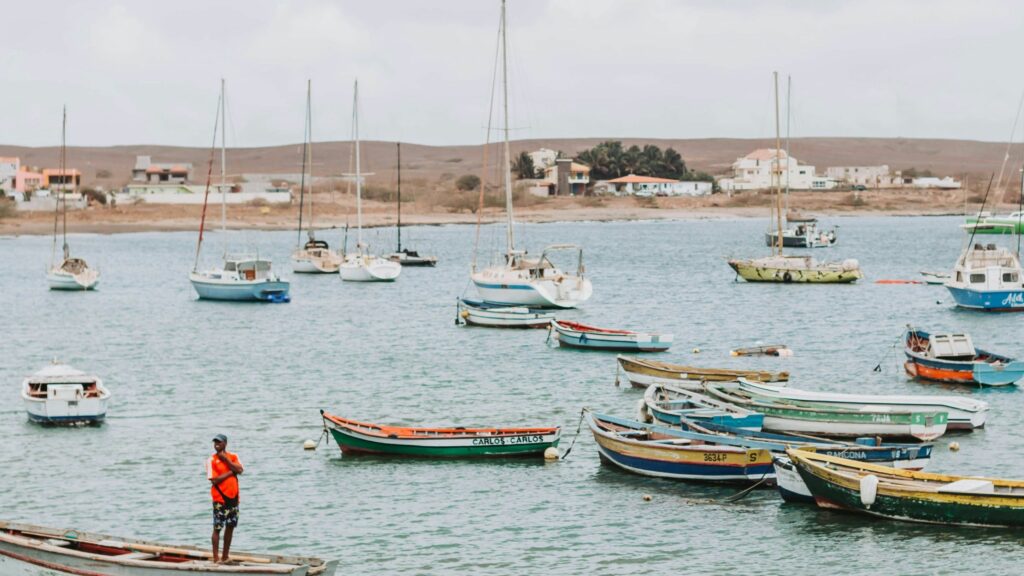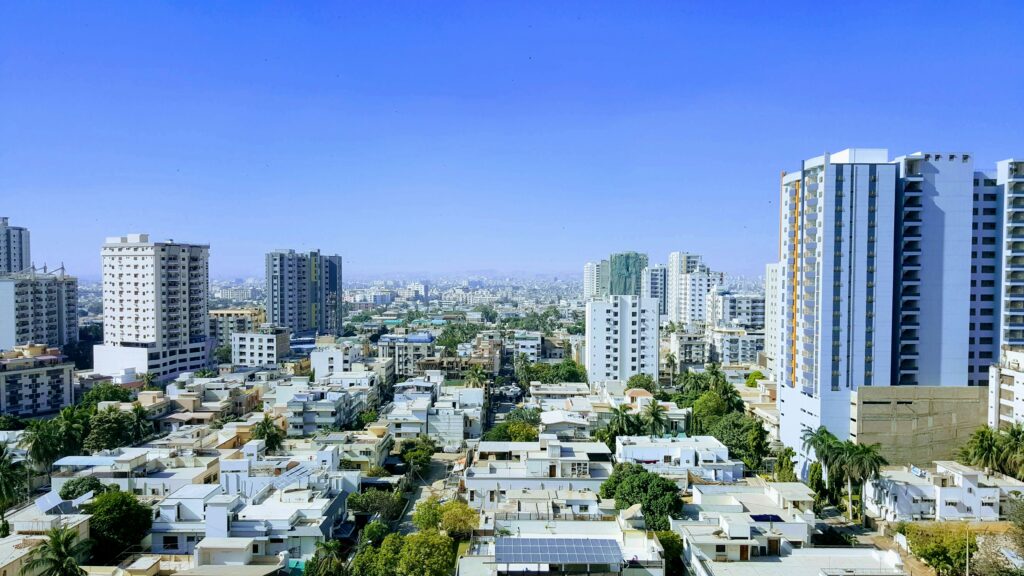This year, the G20 Summit and COP30 converged at a time of exceptional strain on the multilateral system. As geopolitical divides widened and key actors hesitated to advance essential reforms, coalitions of the willing nonetheless succeeded in keeping debt sustainability and climate-related ambitions on the international agenda.
Author: arabellawintermayr
The 2025 Annual Meetings of the International Monetary Fund (IMF) and the World Bank Group underscored that uncertainty has become the defining feature of the global economy. Despite widespread recognition that high debt is constraining development, official outcomes fell short of meaningful reform. Yet behind closed doors, the conversation on debt appears to be shifting — from acknowledgment toward the need for real structural change.
Climate finance and green investments will achieve little in debt-strapped economies unless such measures are tied to systemic reform. Latin American and Caribbean countries do not need incremental pledges; they need an overhaul of global financial governance.
Latin America and the Caribbean stand at the crossroads of unsustainable debt burdens, worsening climate shocks, and stalled development goals. A new policy brief sets out how tackling looming sovereign debt problems could restore fiscal space for climate action and development. It highlights innovative instruments such as debt-for-nature swaps and disaster clauses, while calling for urgent reforms to the IMF’s Debt Sustainability Analyses and the wider global financial framework.
As global crises converge — from rising debt distress to accelerating climate impacts and uneven development — the need for fairer, more effective international cooperation has never been greater. This was the driving force behind our recent high-level seminar on “Tackling the Triple Crisis of Debt, Climate, and Development”, held on October 2 at the Brussels Press Club ahead of the 7th EU–AU Summit in Luanda.
Africa is amongst the most climate-exposed regions in the world while also grappling with mounting debt distress. A new policy brief analyzes how debt and climate vulnerabilities reinforce each other and sets out a proposal to link debt relief to climate and development goals, helping African countries escape the debt-climate trap and set the stage for a more sustainable and equitable global financial system.
A growing number of influential voices, such as Indermit Gill, Chief Economist at the World Bank, and Cyril Ramaphosa, President of South Africa in announcing the priorities of their G20 presidency, are signaling a significant shift in the global discourse on debt. The focus is moving away from short-term liquidity fixes towards a growing recognition that comprehensive debt relief is essential for sustainable development and climate action. Here’s a look at the changing debate.
Amid a challenging geopolitical backdrop, COP29 in Baku and the G20 Summit in Rio de Janeiro made only modest progress on debt and climate finance. However, the discussions underscored the importance of addressing debt to tackle the climate crisis, paving the way for future reforms. Here’s a look at the key takeaways.
Developing countries are trapped in a vicious cycle of debt, climate change and underinvestment. As they spend more on debt interest than on healthcare, education, or climate resilience, the human costs are severe. The Debt Relief for a Green and Inclusive Recovery Project offers a bold solution: transformative debt relief to support sustainable development and climate action. It’s time to break the cycle and build a resilient, green and equitable global economy. Learn more in our video.
Despite record-high debt levels and low growth prospects, the 2024 Annual Meetings of the International Monetary Fund (IMF) and World Bank Group achieved little concrete progress on debt. Nonetheless, discussions underscored the urgent need for innovative solutions – and momentum for effective debt relief appears to be building. Here’s a look at the key takeaways.
Africa is amongst the most vulnerable regions in the world to the impacts of climate change, while also grappling with a severe sovereign debt crisis. Our new new policy brief analyzes Africa’s debt dynamics and outlines a proposal to unlock the continent’s potential for green growth and support climate resilience.
In a joint statement organized by the Debt Relief for a Green and Inclusive Recovery (DRGR) Project, former central bankers and finance ministers call for comprehensive debt relief and the mobilization of new financial resources to prevent a default on development and climate goals.
